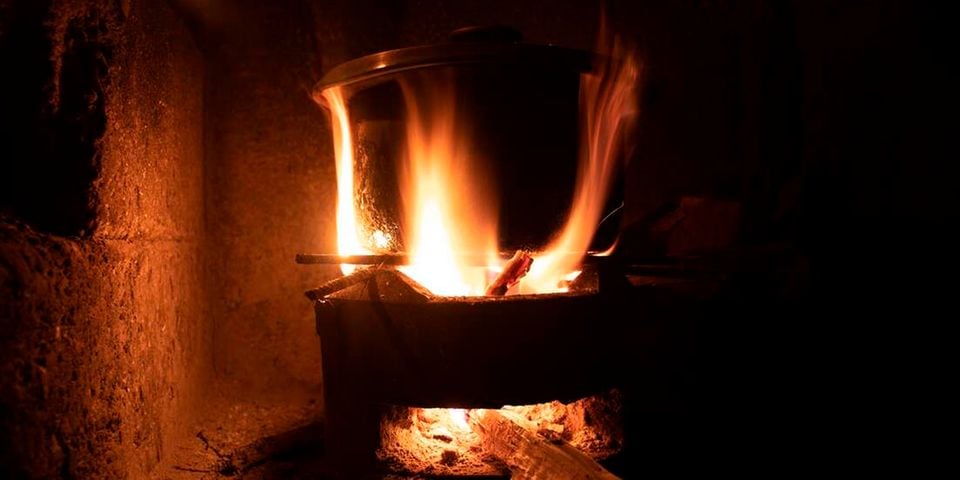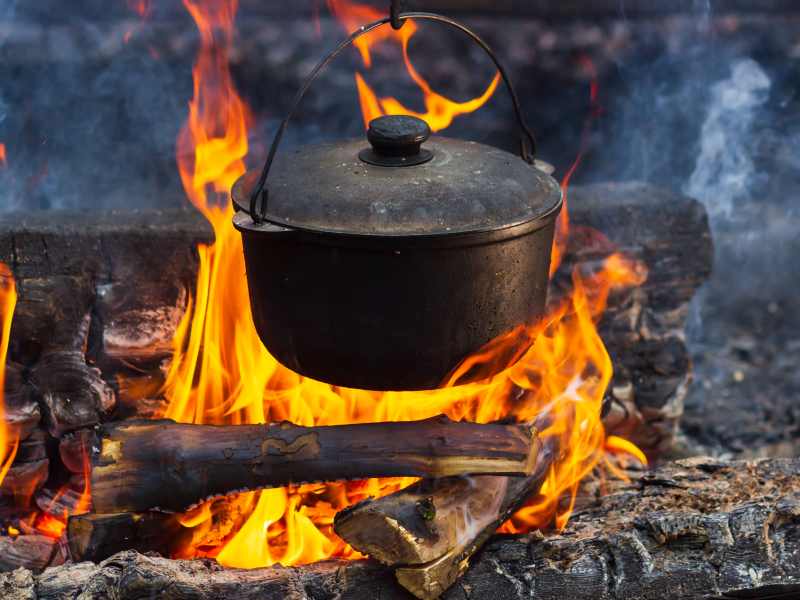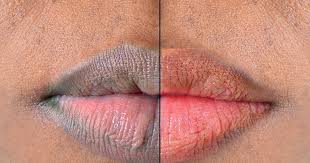Every year, home air pollution from burning fossil fuels, including kerosene, firewood, crop waste, and animal dung, causes at least 23,000 deaths in Kenya.

Kerosene and biomass cooking both produce significant levels of pollutants, according to the Kenya Medical Research Institute (Kemri).
These include toxic chemicals, gases, compounds that are hazardous to the body, and airborne particulates.
As stated by Kemri Director-General Prof. Sam Kariuki, "Cooking with these fuels has been determined equivalent to smoking 100 cigarettes an hour, causing household air pollution levels to increase by more than 100 times Global Health Organization acceptable standards.
Research shows that HAP causes ischemic heart disease, stroke, chronic obstructive pulmonary disease, pneumonia, and lung cancer.
Prof. Kariuki noted growing evidence connecting this type of pollution to congenital disabilities, tuberculosis, cataracts, and some other cancers.
Liquefied petroleum gas (LPG) is the ideal alternative for [increasing the adoption of] clean cooking, with electricity being a longer-term aim, according to the expert.
"In addition to being easily accessible, affordable, and well-liked by homes, LPG does not necessitate a well-established infrastructure for delivery. Additionally, LPG emits little to no incomplete combustion byproduct pollutants at the source."
According to data, 3.2 million people per year, 237,000 kids under the age of five, are included in this. Pass away due to exposure to home air pollution.
HAP causes 683,984 deaths in sub-Saharan Africa yearly, or 8.9% of all fatalities.
HAP accounts for more fatalities in sub-Saharan Africa than malaria (7.8%), HIV/Aids (8.4%), or other diseases.
In this economy, many Kenyan communities cannot afford gas cookers. They cook with readily available, cost-free materials like charcoal, firewood, and cow dung.












